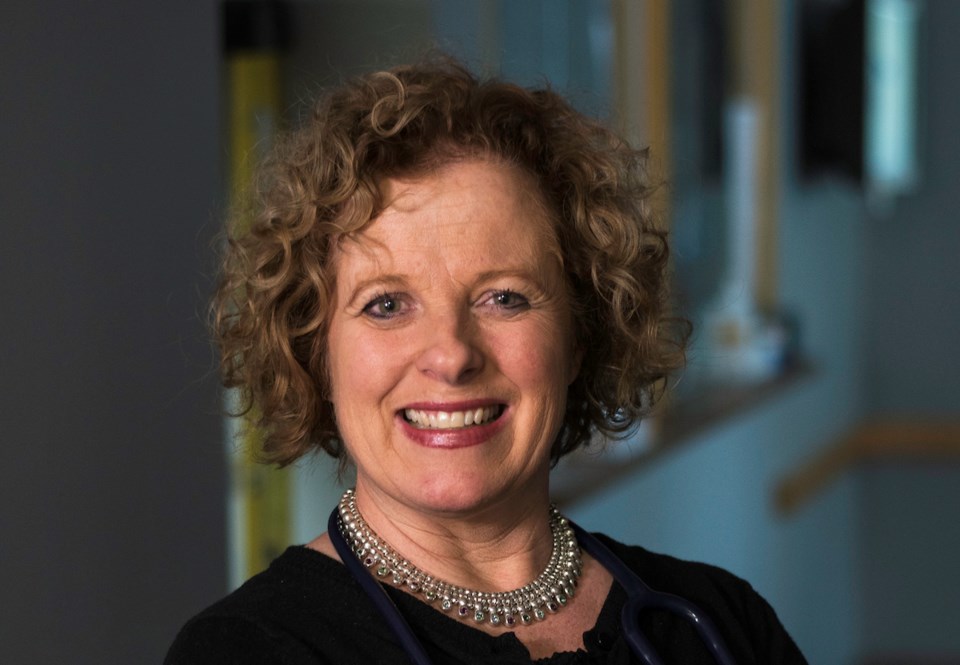To celebrate International Women's Day, GuelphToday is featuring the six honourees for this year's Guelph Y Women of Distinction.
To understand Anne-Marie Zajdlik’s work, you have to go back to her first encounter with an HIV patient at Dalhousie University.
“I was standing at the end of this patient’s bed,” says Zajdlik, “He was male, he was homosexual and he had been completely abandoned by his family and friends, and even house keeping, nurses and even some physicians wouldn’t come into his room.”
At the time, Zajdlik was a 23-year-old medical student specializing in infectious disease, who didn’t fully understand what stigma was until she saw the way other people treated this patient.
“I couldn’t fathom being so young and dying alone,” she recalls.
“His name was Chris, and in that moment, I just knew that I had to figure out how HIV came about, why it was there and why we were stigmatizing people.”
Since then, Zajdlik has been working with HIV/AID patients in Southern Ontario and during the short, but huge, period of the AIDS pandemic in North America.
“I’ve been navigating and assisting with the (AIDS) pandemic for 31 years in all of my career,” she says, “It’s not much of a shift for me to focus now on COVID-19.”
When the COVID pandemic began, Zajdlik started posting regular updates about COVID-19 to provide reliable information and updates on the virus. While it wasn’t her idea to do this, Zajdlik says she wanted to make people less fearful and a little more knowledgeable.
She adds she saw a lot of fear within her community about the virus, similar to the fears she had seen with AIDS in the 90s.
“It really struck me to the core, when my HIV positive population in the 90s were dying of HIV,” she says, “and I got the same feeling this time in seeing how people were struggling within my community.”
“There isn’t much I wouldn’t do to try to decrease that suffering and make people less fearful.”
As her posts gained traction, Zajdlik started doing live broadcasts with other healthcare professionals to talk about the virus. These broadcasts each gain around 15,000 views. With a much larger reach than she had in the AIDS pandemic, Zajdlik says she feels a larger sense of responsibility for what she is posting about COVID.
“I try to only put in clear and concise information that is encouraging and inspiring,” Zajdlik explains on sorting through the good and bad information around COVID, “That’s the mindset I have to be in because I can also do harm.”
For her work throughout this pandemic, Zajdlik has been chosen as one of this year's Women of Distinction.
Thinking back on her experiences, Zajdlik hopes more women, along with people of different genders and sexualities, will rise up to make changes locally and globally.
“Now we do have to have representation of all genders, all sexualities, all people at the table too,” she says, “Or we won’t be able to reach out to everyone and we won’t be able to make some massive changes that need to happen.”
